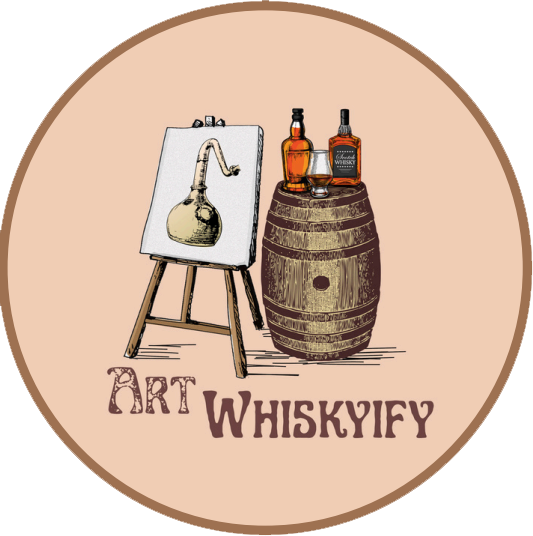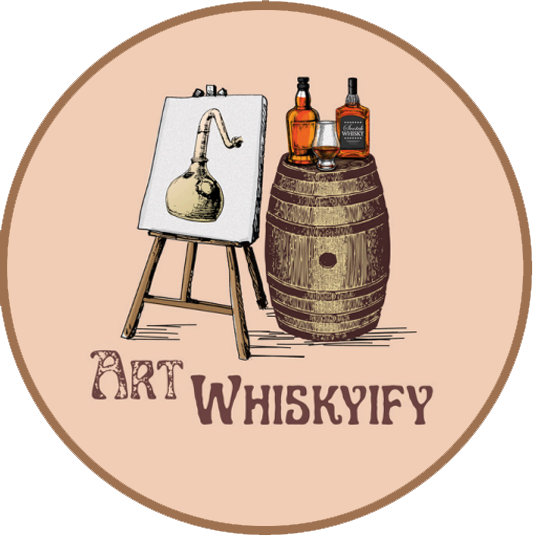The first step of the cask investment journey is, of course, purchasing a cask. Although this can be daunting for newcomers, it’s also the most exciting as you explore the incredible world of Scotch Whisky and learn the differences that make each distillery unique.
Despite Scotland boasting over 140 active distilleries spread over the five regions of Scotch Whisky, casks aren’t readily available to the public like bottles are. This is partly because of the strict rules and regulations about the storage of cask alcohol.
Managing Your Cask
Casks of Scotch must legally remain in a bonded warehouse facility within Scotland until bottling. During this period, the spirit matures, taking upon more flavour and colour from the wood surrounding it. Although personal opening accounts with bonded warehouses is difficult for most individuals, we manage your casks for you on your behalf in HMRC bonded warehouses. Our experts are on hand to discuss with you and we would love visit your casks with you in Scotland.
Whilst maturing in the warehouses, a small percentage of alcohol will naturally evaporate from the spirit. This is known as the angel’s share, and it enables casks to be classified as a wasting asset, exempt from Captial Gains Tax. Although this classification is a financial advantage to most, the Angel’s Share can dramatically impact the value of the cask if left unchecked. As Scotch Whisky must be sold at a minimum of 40% ABV, it’s crucial the casks strength doesn’t fall below this crucial value. This issue mainly affects older casks and can easily be avoided with regular reguaging that we can help to provide this service and arrange for all our clients.
Small samples can be drawn from the cask for inspection during the regauging process, and with expert advice, the spirit can be moved into a different cask type to change its characteristics. Known as re-racking the spirit can be moved into specialist cask types such as Sherry, Red Wine and even Rum to create a more desirable final product. The ability to create a more desirable product and shape the profile of the final spirit allows cask owners far more control than other, more traditional, types of investment.
When you exit your cask investment, we will be by your side to help you navigate the various options available.
Depending on the age of the cask and the spirit within, demand will vary between fellow investors wishing to mature the cask further and independent bottlers who will look to bottle older spirit immediately.
In either case, selling the cask whole will avoid further tax payments. we can help you find buyers through our platform of investors, our existing relationships with independent bottlers, or by assisting you in listing the cask at auction.
Alternatively, you can bottle your Whisky yourself for either sale or private consumption. It is worth noting that bottling fees, customs and & excise duty and VAT will be due at that point.
The value of aged whisky increases as its supply diminishes over time and demand continues to grow. Investing in a cask of whisky not only offers potential financial gains but also provides a distinctive and enjoyable experience. Owning a cask of whisky allows investors to diversify their portfolio whilst protecting against inflation, making it an appealing and enjoyable investment option.

